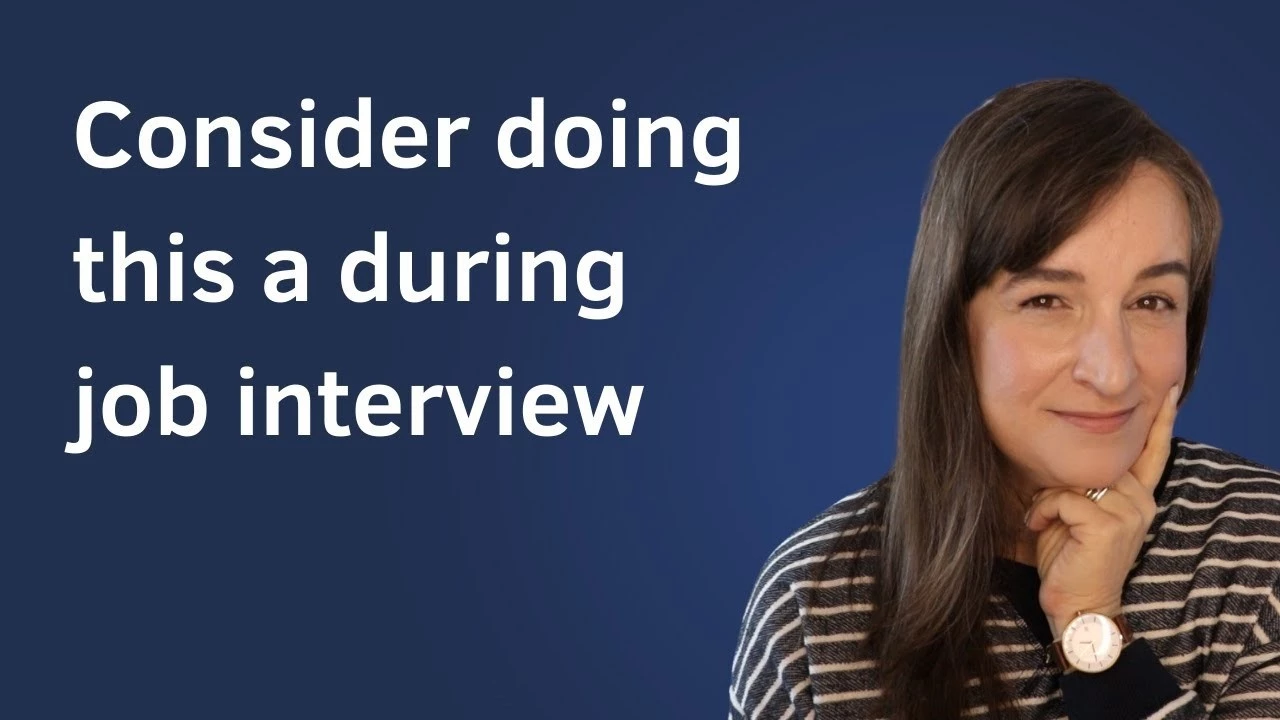Episode 5 - Something Important Most People Forget to Do When Going through Job Interviews

In episodes one to four of The Job Hunting Podcast, I discussed the effect of stress and anxiety on how we perform at interviews. This same stress can affect a challenging conversation at work, a complex negotiation, a presentation you have to give, and so on. When we get re-wired to cope with stress, we can sometimes forget our manners. This can be a real problem when there is so much at stake during the recruitment process.
Follow Up
Here is the thing: I've interviewed others as much as I was interviewed myself. And it has surprised me that many interviewees don't follow up at all. I am such a pro-active person that I cannot understand why one wouldn't follow up after being called about a role, or better still, being on a job interview with a recruiter or employer.
Say Thank You
Even if you don't follow up, you have to say at least thank you at some stage during the job interview, but I would suggest a sandwich so add thanks to your introduction and a thank you to your goodbyes. Getting to the job interview is a significant milestone for everyone involved, and it's like you have been chosen to be in the finals of a competition. If you don't win the prize (i.e., get the job), it does not mean you are not a great candidate, and it means you are so good that people spent valuable time researching you, comparing you against other candidates, and choosing you for them to spend time getting to know.
Ok, so you were not a perfect match for the role for one reason or another. Please, leave this recruitment experience with the strength and positive reinforcement that you are on track. We will address taking you from good to excellent at another time, but you know what is not going to make you a perfect match? Not saying thank you! At least three times. Three times is my "go-to," folks. The 3rd time is you know when? When you follow up!!! Right? Listen to the episode to know when I recommend you to thank you during the recruitment and selection process.
Below I've added links to research done by Amit Kumar and his colleagues at the University of Texas on the power of saying thank you, which provides positive benefits for both the giver and the recipient. He says: "What we saw is that it only takes a couple of minutes to compose letters like these, thoughtful ones and sincere ones," said Kumar. "It comes at little cost, but the benefits are larger than people expect." I hope you enjoy the extra reading.
Resources mentioned in this episode
Transcript of this episode
About the Host
Hello, I’m Renata Bernarde, the Host of The Job Hunting Podcast. I’m also an executive coach, job hunting expert, and career strategist. I teach professionals (corporate, non-profit, and public) the steps and frameworks to help them find great jobs, change, and advance their careers with confidence and less stress.
If you are an ambitious professional who is keen to develop a robust career plan, if you are looking to find your next job or promotion, or if you want to keep a finger on the pulse of the job market so that when you are ready, and an opportunity arises, you can hit the ground running, then this podcast is for you.
In addition to The Job Hunting Podcast, , on my website, I have developed a range of courses and services for professionals in career or job transition. And, of course, I also coach private clients.
Contact Renata Bernarde
I’m determined to help you! I want you to feel empowered, nail your next job, and have the career you want.
My free resources for job hunters: The Optimized Job Search: Weekly Schedule & Masterclass.
Learn more about my services, courses, and group coaching: RenataBernarde.com
